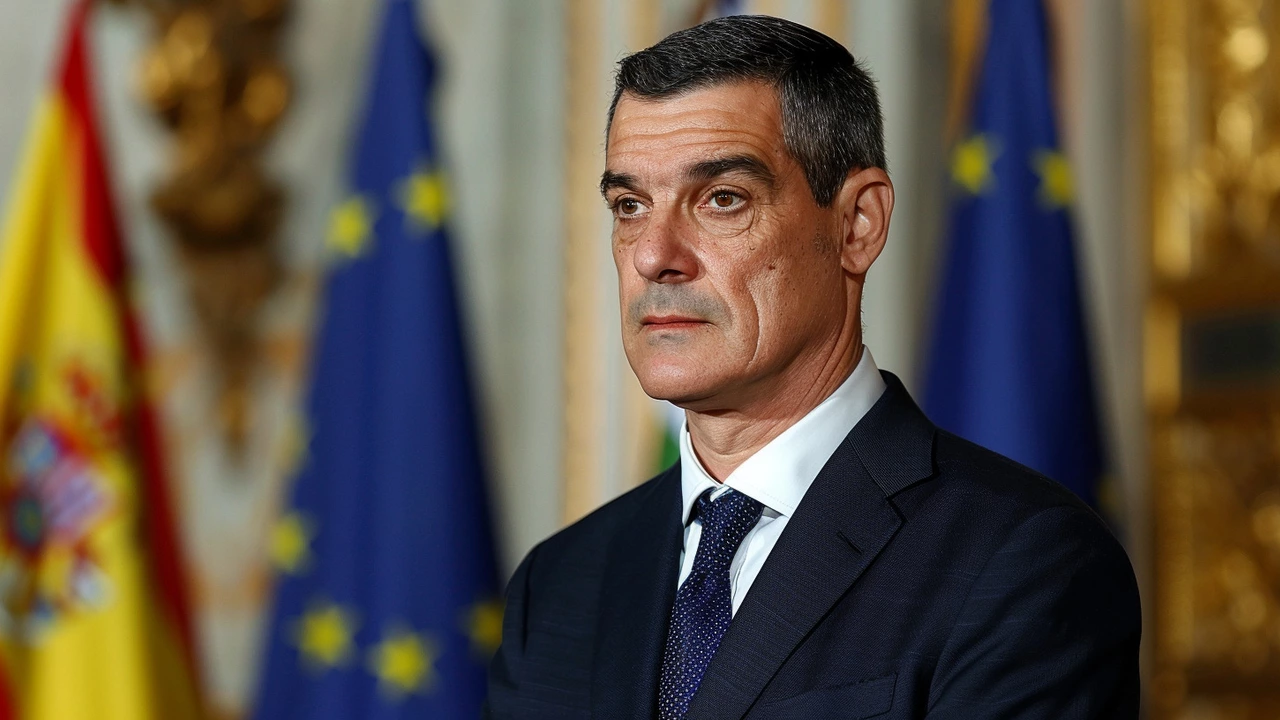International Relations and the World of Motorsports
When you think of racing, you probably picture fast cars, cheering fans, and the smell of burnt rubber. What’s often missed is how those moments tie into international relations. Every grand prix, rally, or endurance race is a tiny diplomatic mission that brings countries together, sparks business deals, and even eases political tension.
Global races and cultural exchange
Take the Formula 1 calendar – it jumps from the streets of Monaco to the deserts of Bahrain, then on to the rain‑slick tracks of Japan. Each stop isn’t just a sporting event; it’s a showcase of the host nation’s culture, technology, and tourism. Locals get a taste of foreign fans, while visitors leave with new food, language snippets, and stories that they’ll share back home. That cultural exchange builds goodwill faster than any press release.
Even smaller series, like the World Rally Championship, push into remote regions that rarely see international visitors. When crews set up service parks in places like Kenya or Chile, they hire local staff, buy supplies locally, and often partner with regional sponsors. Those actions create jobs and put the host country on the map for future investment.
Business deals and diplomatic ties
Behind the scenes, every race is a massive business platform. Car manufacturers use the spotlight to launch new models, and governments showcase infrastructure projects. For example, a nation looking to attract foreign investment might sponsor a race to highlight its stable economy and modern facilities. The result is a win‑win: fans get excitement, and politicians get a talking point.
Moreover, motorsports act as an informal diplomatic channel. Officials from rival nations might find common ground in a paddock conversation about aerodynamics or safety standards. Those small moments can soften larger political disputes, proving that a shared passion for speed can bridge divides.
So, if you’re wondering why a race in a far‑away country matters beyond the podium, think of it as a moving embassy. The roar of engines becomes a language everyone understands, and the shared adrenaline helps people see each other as teammates rather than strangers.
Whether you’re a fan, a driver, or a business leader, recognizing the international relations behind each event adds a new layer of appreciation. Next time you watch a race, notice the flags, the sponsors, and the hometown crowd – they’re all pieces of a global puzzle that keeps the motorsport world turning.
Posted By Caspian Beaumont On 29 May 2024 Comments (0)
Spain's Historic Decision to Recognize Palestinian State: A Turning Point in International Relations
Spanish Prime Minister Pedro Sánchez's announcement that Spain will recognize the Palestinian state marks a historic decision aimed at securing peace and aligning with over 140 nations. This move underscores Spain's commitment to international law and European Union policies, despite criticism from Israeli officials.
READ MORE